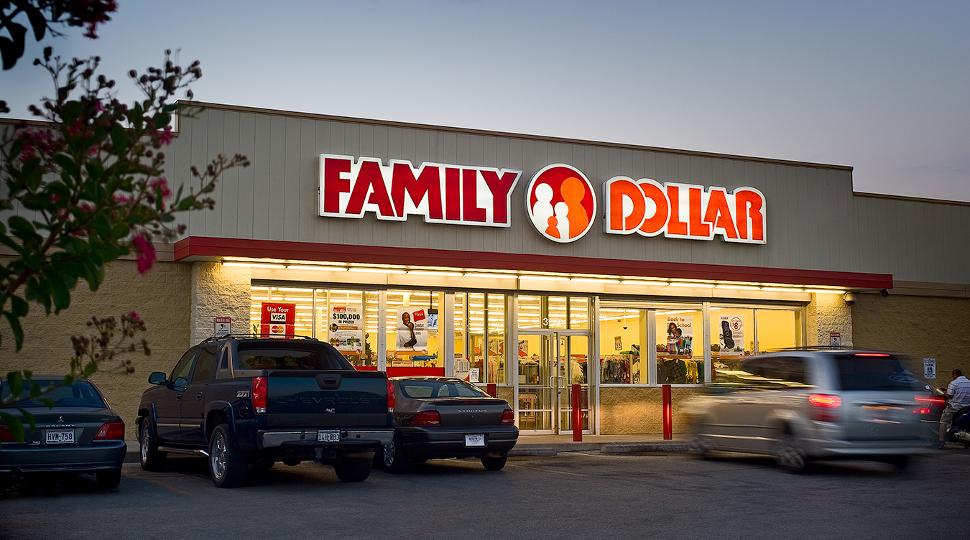Retail
Family Dollar Earnings Will Bring More Pressure From Carl Icahn
Published:
Last Updated:

The company is fending off a demand from activist investor Carl Icahn for an immediate sale. When Icahn acquired 9.4% of the company in early June, shares shot up 12.5% to more than $68, but they have lost about $4 since. This earnings report is not going to improve the share price, and the lowered top end of the EPS forecast for the year will add to the weight on the stock.
Same-store sales dropped 1.8% in the third quarter, which Family Dollar attributed to a decline in customer transactions. The decline was partially offset by an increase in the average transaction value. Third-quarter sales were driven by consumables, primarily refrigerated items, frozen foods and tobacco. This is exactly what the company said in its second-quarter report with the only difference being that the decline is not as large as the 3.8% drop in the prior quarter.
ALSO READ: America’s Worst Companies to Work For
When it reported second-quarter earnings, Family Dollar Stores said it would close about 370 underperforming stores in the second-half of the year. The company took an inventory write-down of $1.5 million and a restructuring charge of $23 million in the third quarter as a result of the restructuring.
The fourth-quarter outlook is unchanged from the second-quarter report: the store expects to post EPS of $0.75 to $0.85 on flat sales and excluding a restructuring charge of $0.37 a share.
The forecast for full-year EPS has been revised from a prior range of $3.05 to $3.25 to a new range of $3.07 to $3.17, excluding some $0.51 in restructuring charges. The consensus estimate calls for EPS of $3.15. Same-store sales for the full year are expected to decline by a low-single-digit amount.
The company’s CEO said:
We are executing our previously announced restructuring initiatives to improve our performance. Our recent investment to permanently lower prices is resonating with customers; we are seeing savings from our workforce optimization efforts; and we are on track to close approximately 370 underperforming stores by the end of the fiscal year.
In addition to the store closings, Family Dollar Stores has lowered prices on about 1,000 basic items, reduced corporate overhead (i.e., fired people) and slowed its pace of opening new stores from an expected 525 this year to 350 to 400 next year. The company’s profit missed the analysts’ target because the lower pricing cost Family Dollar about $40 million.
Shares were down about 2.5% in premarket trading, at $62.65 in a 52-week range of $55.64 to $75.29. Thomson Reuters had a consensus analyst price target of around $60.60 before these results were announced.
ALSO READ: 10 Countries Spending the Most on the Military
The average American spends $17,274 on debit cards a year, and it’s a HUGE mistake. First, debit cards don’t have the same fraud protections as credit cards. Once your money is gone, it’s gone. But more importantly you can actually get something back from this spending every time you swipe.
Issuers are handing out wild bonuses right now. With some you can earn up to 5% back on every purchase. That’s like getting a 5% discount on everything you buy!
Our top pick is kind of hard to imagine. Not only does it pay up to 5% back, it also includes a $200 cash back reward in the first six months, a 0% intro APR, and…. $0 annual fee. It’s quite literally free money for any one that uses a card regularly. Click here to learn more!
Flywheel Publishing has partnered with CardRatings to provide coverage of credit card products. Flywheel Publishing and CardRatings may receive a commission from card issuers.
Thank you for reading! Have some feedback for us?
Contact the 24/7 Wall St. editorial team.